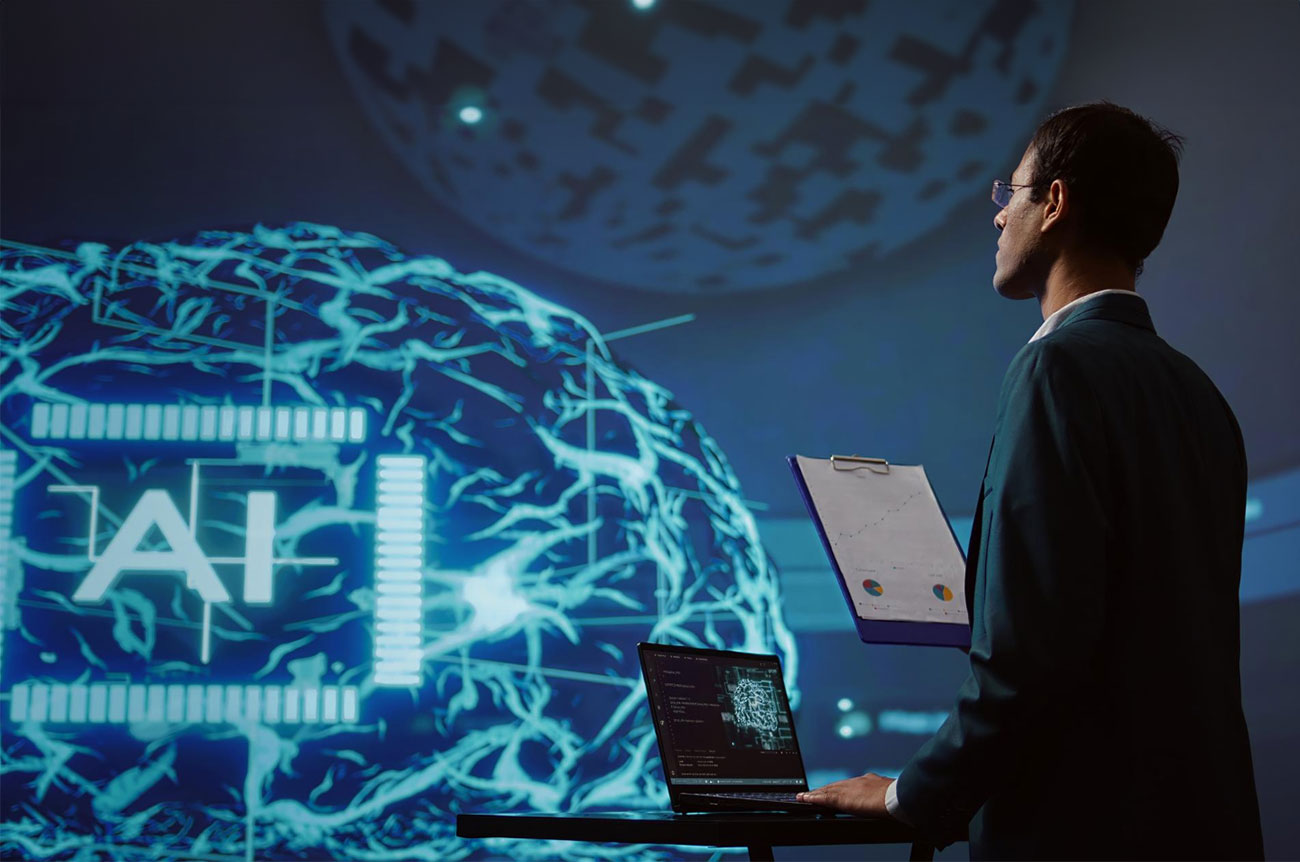
Posted On October 21, 2024
The Role of AI in Predictive Analytics for Healthcare IT Solutions
Understanding Predictive Analytics in Healthcare
Predictive analytics in healthcare involves using data and statistical algorithms to forecast future events and trends. This technology helps healthcare providers anticipate patient needs, streamline operations, and improve overall care quality. By analyzing historical data, predictive analytics enables more informed decision-making, ultimately leading to better patient outcomes and operational efficiency.
How AI Enhances Predictive Analytics Capabilities
Artificial Intelligence (AI) significantly enhances predictive analytics by processing vast amounts of data at high speeds. AI algorithms can identify patterns and trends that might be missed by traditional methods. Machine learning models, a subset of AI, adapt and improve over time, making predictions increasingly accurate. This means healthcare providers can rely on AI-driven insights to make proactive decisions, such as early diagnoses and personalized treatment plans.
Key Benefits of AI-Driven Predictive Analytics in Healthcare
AI-driven predictive analytics offer numerous benefits to the healthcare sector. They improve patient care by predicting potential health issues before they arise, allowing for early intervention. AI also enhances operational efficiency by optimizing resource allocation and reducing unnecessary costs. Additionally, it supports personalized medicine by tailoring treatments to individual patient needs based on predictive insights.
AI Algorithms Used in Healthcare Predictive Analytics
Several AI algorithms are employed in healthcare predictive analytics, including decision trees, neural networks, and support vector machines. These algorithms analyze complex datasets to identify patterns and generate forecasts. For instance, neural networks can process intricate data structures, making them ideal for predicting disease outbreaks or patient readmission rates. Each algorithm has its strengths, and the choice depends on the specific healthcare application and data requirements.
Case Studies: Successful AI Integration in Healthcare IT
Numerous case studies highlight the successful integration of AI in healthcare predictive analytics. For example, AI models have been used to predict patient deterioration in intensive care units, enabling timely interventions. Another case involves using AI to predict cancer recurrence, which helps in planning follow-up treatments and improving patient survival rates. These real-world applications demonstrate how AI can transform healthcare practices and enhance patient outcomes.

Challenges in Implementing AI for Predictive Analytics
Implementing AI in predictive analytics for healthcare comes with several challenges. One major issue is the integration of AI systems with existing IT infrastructure, which can be complex and costly. Additionally, healthcare data is often fragmented across different systems, making it difficult to consolidate and use effectively. Another challenge is ensuring data quality and accuracy, as AI models rely heavily on high-quality data to make accurate predictions. Moreover, healthcare professionals may need extensive training to effectively use AI tools, which can be a significant barrier.
Data Privacy and Security Concerns with AI in Healthcare
Data privacy and security are paramount when using AI in healthcare. Sensitive patient information must be protected from unauthorized access and breaches. AI systems must comply with stringent regulations such as HIPAA (Health Insurance Portability and Accountability Act) to ensure data is handled securely. Encryption and other security measures are essential to safeguard patient data and maintain trust. Additionally, transparency in how AI models handle and process data is crucial for maintaining privacy and ensuring ethical use of information.
The Future of AI in Predictive Healthcare Solutions
The future of AI in predictive analytics for healthcare looks promising. Advances in machine learning and data processing technologies are expected to enhance the accuracy and effectiveness of predictive models. AI will likely play a central role in personalizing patient care, predicting disease outbreaks, and optimizing treatment plans. As technology evolves, AI tools will become more sophisticated, offering even more precise insights and contributing to improved healthcare outcomes.
Comparing AI Predictive Analytics with Traditional Methods
AI predictive analytics offers several advantages over traditional methods. Unlike conventional approaches, AI can analyze vast amounts of data quickly and identify patterns that may not be immediately apparent. This enables more accurate predictions and faster decision-making. Traditional methods often rely on manual analysis and historical data, which can be less efficient and more prone to human error. AI’s ability to learn and adapt over time makes it a powerful tool for enhancing predictive accuracy and efficiency.
The Role of Machine Learning in Healthcare Predictive Models
Machine learning is a key component of AI in healthcare predictive models. It allows systems to learn from data and improve their predictions without explicit programming. By using algorithms that can adapt and refine themselves based on new information, machine learning enhances the precision of predictive models. This capability is crucial for analyzing complex healthcare data and making reliable forecasts about patient outcomes, disease progression, and treatment effectiveness.
Conclusion
AI is transforming predictive analytics in healthcare by addressing traditional challenges, ensuring data security, and enhancing predictive accuracy. While there are hurdles to overcome, such as integration issues and privacy concerns, the potential benefits are substantial. As AI technology advances, it promises to revolutionize healthcare IT solutions, leading to more personalized and effective patient care. Embracing AI and machine learning will be crucial for healthcare organizations aiming to leverage predictive analytics for improved outcomes and efficiency.
